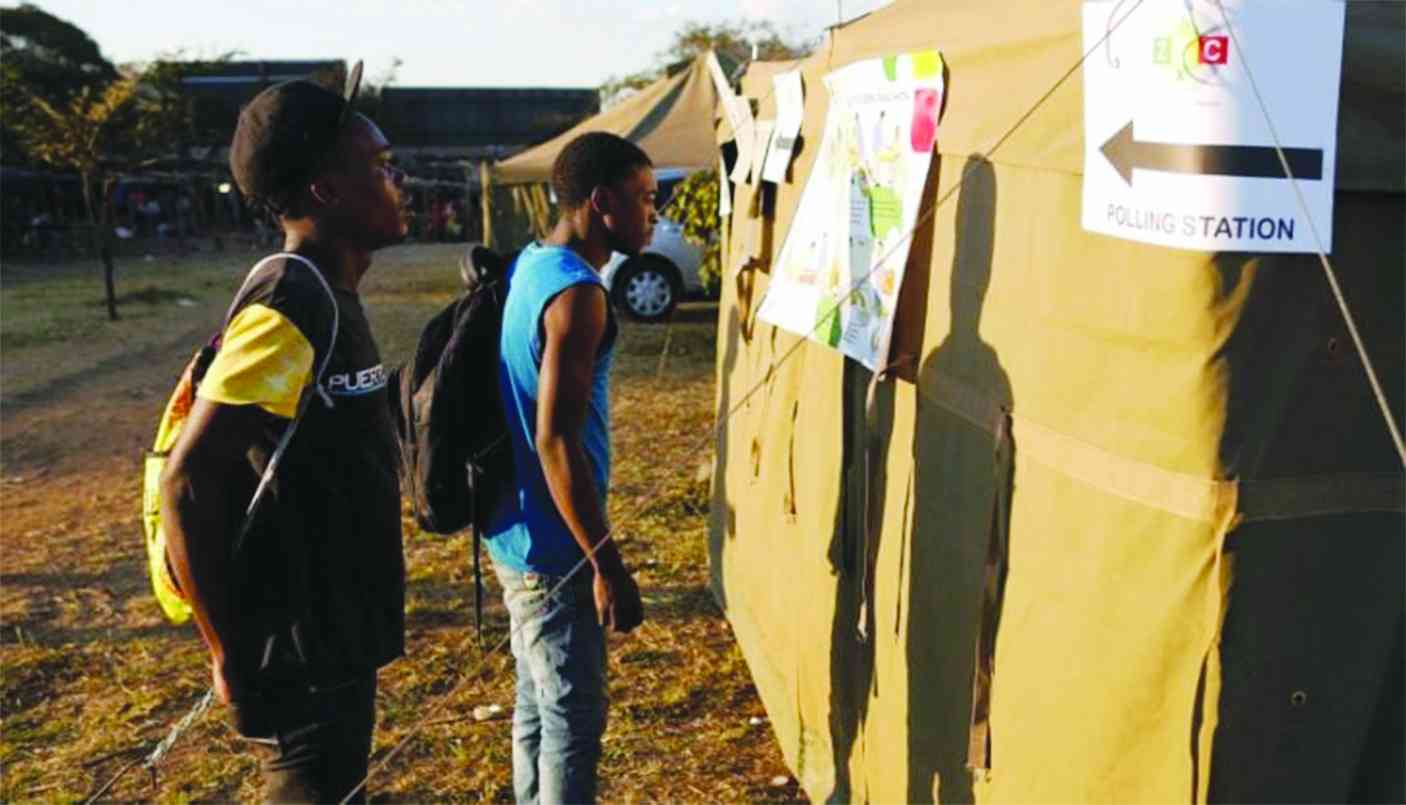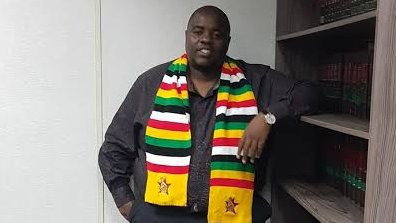
A shadowy group associated with the ruling Zanu-PF in Zimbabwe has emerged at the centre of vote manipulation allegations that critics say are a cynical attempt to keep Emmerson Mnangagwa and his party in power. Forever Associates Zimbabwe, which is registered as a private non-governmental organisation, has made no secret of its task to help Mnangagwa “dominate” next week’s general election.
FAZ has taken a lead role at rallies and heaped praise on the 80-year-old despite Zimbabwe’s drawn-out economic collapse. “God seldom packages and presents resilience, hard work, wisdom, experience, visionary caring leadership and good energetic health as in this candidate,” FAZ has said of Mnangagwa.
But Zimbabwe’s opposition and civic activists say the slick group hides a darker side, accusing it of intimidating voters and interfering in electoral processes. They claim FAZ is a front for Zimbabwe’s feared intelligence services, with one think-tank expert describing it as a “hybrid securocrat” entity.
Zivanai Muzorodzi, director of Community Tolerance Reconciliation and Development, an NGO in the city of Masvingo, said FAZ members had been giving out misleading information there ahead of the August 23 election, including that FAZ would have a presence at polling stations “where voters must register before they vote”.The Citizens Coalition for Change led by Nelson Chamisa, Manangagwa’s main challenger, has accused FAZ of an audacious plot to sponsor fake opposition candidates so as to confuse voters. The CCC also believes FAZ pushed the lawsuit that came close to deregistering a dozen candidates in the southern city of Bulawayo, before courts reinstated them.
“We know FAZ was behind it,” Gift Siziba, one of the candidates, said of the alleged plot. “No ordinary citizens would have the time and money to spend on such litigation.” FAZ’s outsized role in the election campaign is the latest twist in the long history of vote rigging by Zanu-PF.
Zimbabwean democracy was severely undermined under the late dictator Robert Mugabe, when the ruling party deployed the security services and groups running parallel to the formal state machinery to ensure it never lost an election. Some of these turned on Mugabe with the 2017 coup that elevated his former security chief Mnangagwa.
Some polls have indicated that Mnangagwa has a slim lead over Chamisa this time around, but analysts say a culture of intimidation around the vote makes it difficult to compile a clear picture of voter sentiment. FAZ was founded by students 13 years ago but remained largely dormant until 2022 when it reactivated and applied to become a Zanu-PF affiliate.
It quickly became involved in running the party primaries that select election candidates. Pedzisai Ruhanya, director of the Zimbabwe Democracy Institute think-tank, described FAZ as a “hybrid securocrat organisation that comprises a mix of the military, the intelligence [service] and the police . . . despite all protestations or refutations to the contrary.” “It has a civilian component but that’s meant to hide the fact that it’s the securocrats who are in charge,” he said. “No civilian organisation has the resources or the power to do what FAZ does.”
- Young vocalist making southern Africa dance
- Chamisa party defiant after ban
- Village Rhapsody: How Zimbabwe can improve governance
- News in depth: Partisan police force persecutes opposition, shields Zanu PF rogue elements
Keep Reading
Alleged links to the security services centre on the Central Intelligence Organisation, the apex of Zimbabwe’s security apparatus. Rights groups have said for years that the CIO acts as the intelligence arm of Zanu-PF despite the country’s constitution forbidding the security services from joining or aiding political parties.
Walter Tapfumaneyi, deputy director-general for operations at the CIO, said claims of intelligence involvement in FAZ were “a patently false narrative which has been subsequently peddled and ventilated extensively by the opposition, its adjuncts and aligned media.” “I have nothing to do with Forever Associates Zimbabwe, either personally or officially,” he told the Financial Times, although he conceded that his wife was a member and that a son was an FAZ founder before ending his membership. “This, however, does not make me an owner or controller of FAZ,” he said.The membership or resources available to FAZ have not been disclosed but accounts by opposition activists and the group’s social media presence point to a wide reach, such as rallies in rural areas where opposition parties typically have not been free to operate.
FAZ’s campaign activities included “door-to-door intimate voter contact . . . to help the party to dominate and saturate the environment while denying the same to opponents”, according to its website.
Kudakwashe Munsaka, FAZ president, told the FT that the group was “an affiliate of Zanu-PF” with a task of supporting its campaign “every step of the way, including all aspects related to getting out the vote”. But he denied there was anything “unusual or illegal” about its election activities. “Violence and intimidation are absolutely alien to our ways,” Munsaka said. “Allegations of threatening villagers on where to vote are equally false, unfounded and denied with the contempt they deserve.”
He also told Zimbabwe’s state TV last month that the false candidate issue plaguing the CCC was its own fault. “You cannot operate a structureless party and then later on you want to blame [FAZ] for causing confusion,” he said. Yet FAZ also appears to mirror divisions within Zanu-PF itself. The group has been blamed by some in the party for the ouster of Zanu-PF stalwarts including ministers in this year’s primaries.
Schisms over access to patronage inside Zanu-PF led to the 2017 coup and Mnangagwa’s defeat of the clique around Mugabe. These tensions are now reappearing due to growing resentment of the huge wealth being amassed by those surrounding Mnangagwa, according to analysts.











